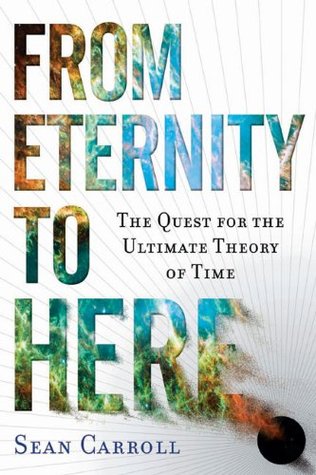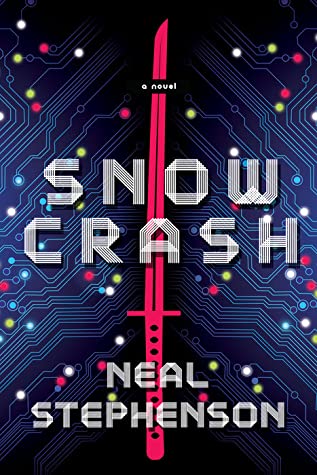| Date Read: July 5th, 2021 Final Score: 7 / 10 ! | Now, I did this one as an Audiobook, and I regret that decision. It's not in any way that Erik Synnestvedt failed to do a good job with reading it, quite the opposite (he was rather remarkably successful). My problem was that there were a great many moments in this where a diagram would've been really nice to look at and we've not yet managed tech were one such image can be beamed into my brain during the smooth narration around when it could be beneficial. (Note, since I didn't read the physical copy, I have no way to guarantee that said diagrams will actually be present, but if they are NOT there, I would have to be very disappointed in Carroll's otherwise very detailed and patiently laborious effort to communicate these tricky concepts.) That was the primary drawback I noticed. Otherwise, this was a very well done overview of our current theories about why the 'Arrow of Time' apparently exists when just about everything in classical mechanics says it shouldn't. The bulk of this book is not about time. Because Time is a concept that has proven to be entangled in two dozen other physics debates that are still raging in the Science World. I knew that this would not be about Time, exactly, but even so I was surprised by how much not-Time stuff needed to be covered to get the reader to a point of understanding what the debates on Time are actually about. While I would've liked a little more of the narrative focused on Time, I perfectly understand WHY so little was devoted to it, and I appreciated the carefully rigorous stage-setting of the background physics discussion. |
Thermodynamics, Entropy, and Gravity all get discussed in excellent detail (with both sides of the current relevant debates being given equal examination) and then all related back to our observable conception of Time and the perception of our tangible Universe.
This narrative doesn't come to any truly solid conclusions about what Time is, exactly, or why it only seems to flow in one direction, but that's largely because Physics CAN'T explain it wholly. And nether Physics nor Neuroscience is quite at the point of being able to work effectively together on a cohesive unified theory to explain it, but that door is starting to more effectively open.
I definitely enjoyed this one, but it is NOT a starting-point stepping-stone for anyone just getting interested in the governing mechanics of reality.
Still, I highly recommend it (in physical book form) to anyone who really would like to sit down and investigate one of the biggest mysteries of our day to day lives within this fantastical universe we call home!









 RSS Feed
RSS Feed
